Our Journey So Far
Our most recent cycle of improvement in Writing (2019-2024) has led to positive impact on outcomes as seen in the KS2 progress outcomes for Writing in 2023. Through ongoing monitoring, evaluation and school improvement we have identified further areas of development for Writing and have created a bespoke curriculum alongside experts at One Education for our Writing at Chapel Street from 2024. This was launched whole school in Easter 2024 and will continue to be developed over the next twelve months. We are working to update policies and documentation as well as enhancing our long and medium term planning. Our most updated version of the long term plan has been included on this website.
Pupil voice over the Summer Term has shown children are enjoying Writing and have a clearer understanding of their audience and purpose for each Writing unit. Our specific focus for further improvements in 24/25 will be the quality and impact of proof-reading and editing including handwriting, spelling and oracy.
Our Writing Curriculum
Writing at Chapel Street develops children’s ability to communicate confidently as writers and to write clearly for specific purposes. Writing in the Early Years, builds a strong foundation where pupils' fine and gross motor skills, mark making and phonological awareness in developed.

In Key Stage 1 and 2, writing develops from this foundation to follow a bespoke two-week cycle that centres around a diverse and high-quality range of books, texts, video clips and WAGOLLS (What A Good One Looks Like). These hook children into their focused genre and help them to understand how features are used to develop a clear purpose and audience for the writing. For children to become authors, we believe that they need to think like one and consider the effect that their writing has on their audience, making vocabulary or grammatical choices for effect. By immersing them into texts, we aim to help them find their own authorial voice and an enjoyment for writing, understanding the importance of applying the basics of writing to achieve this goal.
Through our writing cycle, the children practise oracy, develop their reading skills and explicitly learn sequenced and progressive grammar and punctuation skills in the context of the genre they are studying. Through a systematic approach, they build up a bank of content and language before they plan, write, edit and complete their writing. Explicit vocabulary lessons and identified vocabulary on the planning, introduces pupils to new language in the context of the text they are reading and relevant to the subject they are learning about. Where possible, wider curriculum links are made between the pupils’ writing and their foundation subject learning which consolidates and expands on existing knowledge.
Particular attention is paid throughout the school to the formal structures of English: grammatical detail, punctuation and spelling. Retrieval activities consolidate prior learning and these are built up with discrete spelling lessons and focused SPAG lessons that concentrate on applying these within their writing.
Pupils are exposed to a range of fiction and non-fiction genres and each are revisited twice throughout the year. The first time these are more scaffolded; the second is much more independent for most pupils. Each year, a new genre is introduced, allowing them to systematically build upon prior learning.
Handwriting is taught discretely through the PenPals scheme. Spelling is taught through the SCODE scheme and its application into writing is modelled throughout the writing cycle.
All of this supports the children in developing their ideas independently and organising them into producing extended pieces of writing that meets the RAFT of the genre (Reason, Audience, Features and Tone).
Please find below examples from our Long Term Plan and Medium Term Planning, as well as an overview of our whole school plan and the two-week cycle.
Whole School Writing Long Term Plan
Writing Genre Progression
Writing Cycle KS1 and KS2
Handwriting Policy
Spelling Policy
Writing Policy
Some examples of our MTP across the school
Writing MTP Year 1 - Fact File
Writing MTP Year 3 - Character Description
Writing MTP Year 6 - Narrative



